Every year, millions of Americans, both civilians and military personnel, are diagnosed with traumatic brain injuries (TBIs). Tens of thousands die from these injuries, and thousands more will require hospitalization. Although medical professionals are still understanding the short- and long-term consequences of TBIs, it is clear that some brain injuries can have a dramatic and permanent impact on the victim.
Three Things Every Veteran Should Know About TBIs
Getting appropriate care and treatment for a TBI begins with educating yourself about these injuries and what to look for. Current servicemembers as well as veterans should know:
Military Personnel are at an Increased Risk of Suffering a TBI
It is estimated that about two out of every ten military veterans have been exposed to some type of traumatic brain injury. This is far above the incidence rate of TBIs among the general population. Military service presents numerous TBI dangers apart from the battlefield, including:
- Being struck by falling objects
- Slipping and falling on uneven or slippery surfaces
- Striking your head on low-hanging ceilings or objects
- Falling off of a ladder or from a height
As a result, veterans should be especially mindful of the symptoms of TBI following a head injury of any sort.
A Traumatic Brain Injury Can Manifest in Many Ways
The way you experience a traumatic brain injury is not necessarily the way other veterans will experience a similar injury. For example, some of the initial symptoms of a TBI include loss of consciousness, a headache, and nausea and vomiting. Long-lasting symptoms of TBIs encompass everything from seizures to behavioral and personality changes.
As a result, if you hit your head and experience any unusual symptoms thereafter, it is best to get evaluated for a potential TBI.
A VA Disability Claim Could Give You Benefits for Your TBI and Associated Conditions
Moderate and severe TBIs often result in a veteran developing other mental and physical conditions, such as posttraumatic stress disorder. It is critical, therefore, that when applying for VA disability benefits you identify not just the TBI but all the correlated conditions that you developed as a result.
For example, your medical team may have classified your traumatic brain injury as being of moderate severity. However, your TBI may have left you with PTSD that significantly interferes with your ability to sleep and work. When applying for VA disability benefits, the VA should be told of both the TBI and your PTSD so that you can receive an appropriate amount of benefits.
Experienced Help Filing Your VA Disability Claim
If you are seeking VA disability benefits for your TBI and associated conditions, be sure to reach out to Centonzio Law for help with your claim. While the VA might approve your claim for benefits, they may assign you a lower disability rating than you deserve. Whether your claim is denied or you are approved for smaller benefits than you anticipated, reach out to us for help.
You can call Centonzio Law at (800) 342-2727, or request a consultation online using our contact form.
